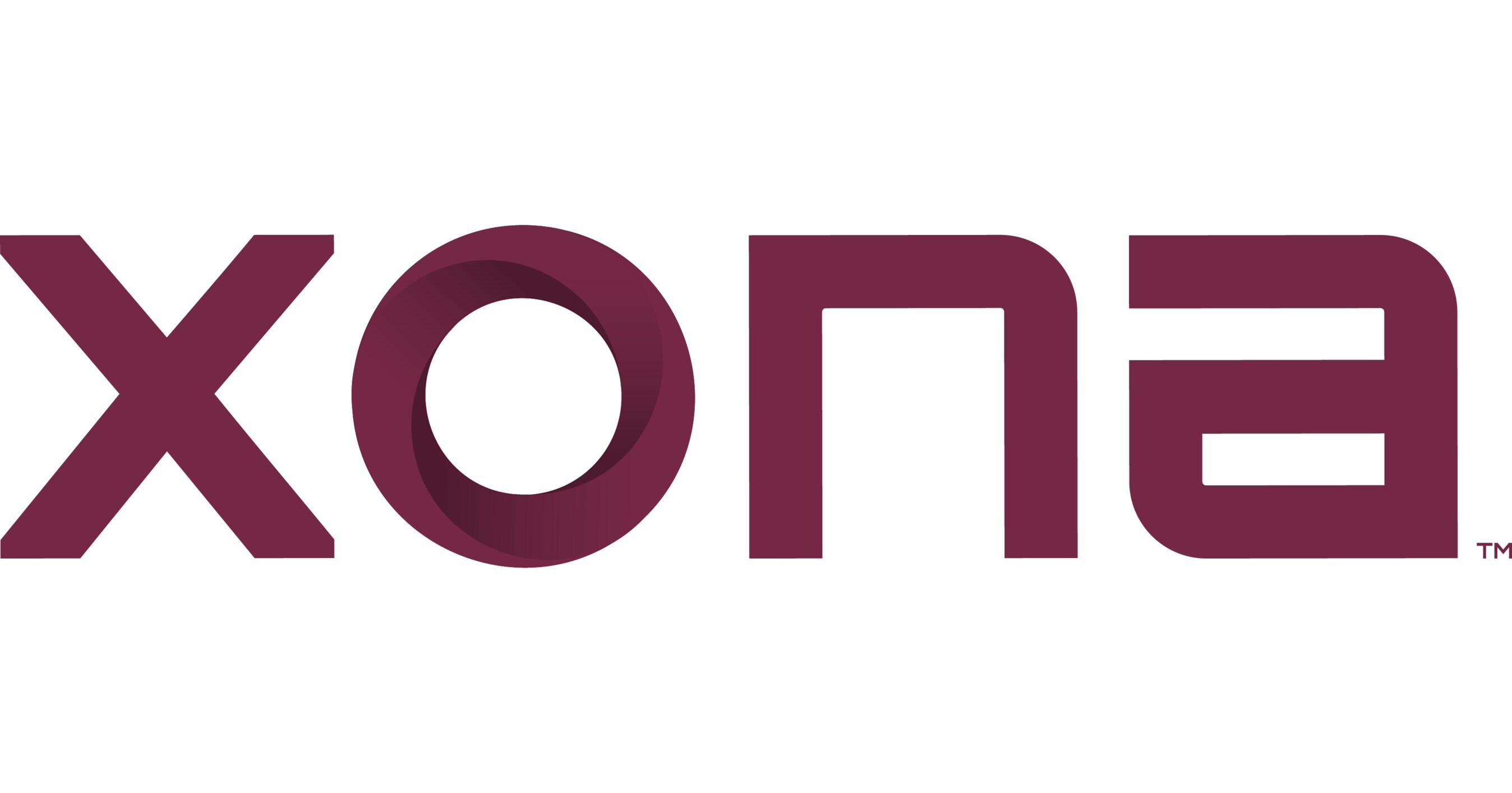Space Machines Company partners with UK’s Lunasa to tackle t

- by Admin
- December 4, 2024

Adelaide-based in-space servicing firm Space Machines Company has teamed up with Lúnasa, a UK-based startup that is focused on next-gen autonomous navigation systems for in-space vehicles, on a mission to tackle the global issue of space debris and make space exploration more sustainable.
Through a strategic partnership agreement, Lúnasa will deploy its inaugural mission as part of Space Machines Company’s second Optimus satellite launch scheduled for 2026.
The launch is part of the Space MAITRI (Mission for Australia-India’s Technology, Research and Innovation) initiative – a joint industry-led Australian-Indian mission that could see Space Machines deliver the largest ever Australian spacecraft at around 500kg.
“This partnership with Lúnasa marks a pivotal milestone for Space Machines Company as we expand internationally to build the future of space capability and infrastructure,” says Rajat Kulshrestha, the CEO and co-founder of Space Machines Company.
“Working with strategic partners across AUKUS will help bring Australia’s space contributions to the fore, aligning with the cutting edge of the global space economy as we collectively address the growing issues of sustainable space exploration.”
The agreement also supports the UK-Australia Space Bridge Arrangement which fosters connections and cross-collaboration to unlock space innovations and export opportunities.
Lúnasa’s role is to integrate its autonomous StarLogic rendezvous proximity operations (RPO) payload onto Optimus to test and validate its technology, marking the first of its kind for a UK-built commercial satellite conducting proximity operations.
Designed to image on-orbit objects including other satellite debris within a range of one to 20 kilometres, StarLogic will support Optimus in conducting rendezvous proximity operations by calculating required orbital manoeuvres.
This includes detecting and navigating interactions with target satellites, maintaining relative navigation and pose estimation, and executing several autonomous operations using onboard real-time processing capabilities.
Space Machines Company says its Space MAITRI mission will allow for the space qualification of the StarLogic payload, providing an opportunity to demonstrate its capabilities in the challenging space environment.
Lúnasa CEO Amin Chabi sees it as a “groundbreaking mission”, adding that the collaboration with Space Machines Company marking a significant milestone in the UK company’s journey to advance in-orbit capabilities.
“Together, we aim to demonstrate a suite of innovative RPO and satellite servicing technologies that will not only showcase our technical excellence but also lay the foundation for a new era of sustainable space operations,” says Chabi.
“Partnering with a forward-thinking Australian company like Space Machines Company allows us to combine our strengths and expertise, paving the way for more reliable, flexible, and efficient satellite services.”
Space Machines Company earlier this year secured $8.5 million from the Australian Space Agency as part of its new collaboration with the Indian aerospace industry that aims to improve the sector’s management of space debris and deliver sustainable space future.
Space Machines Company and Lúnasa will collaborate over the next two years in testing and integrating the StarLogic payload with the Optimus orbital-service vehicle in Australia before shipping the spacecraft to India for the MAITRI launch.
“Space debris is a global issue, so we must collaborate internationally to tackle it,” says Paul Bate, the CEO of the UK Space Agency.
“This new partnership is a great example of the innovative capabilities found within the UK and Australian space sectors to do just that.
“The deployment and demonstration of Lúnasa’s StarLogic technology will pave the way for future advancements in in-orbit servicing and sustainable space operations, helping to safeguard the space environment for future generations.”
Australian Space Agency head Enrico Palermo says the partnership highlights the collective opportunity for Australia’s space sector made available through international collaborations.
“Space by its nature is a global endeavour,” says Palermo. “It’s heartening to see the Australian Government’s investment in the Space MAITRI mission not only creating opportunities for Australian industry to collaborate with India but other valued partners like the UK to deliver outcomes that benefit life on Earth for all our communities.”
The Latest News
-
December 4, 2024I broke a 44-year record at the Australian Open in 2021 but am now ranked outside the world’s top 200
-
December 4, 2024LPGA, USGA announce gender policies that bar some transgender athletes from competition – Australian Golf Digest
-
December 4, 2024Why booking a Bandon Dunes trip might’ve just gotten easier – Australian Golf Digest
-
December 4, 2024Why Augusta golf cart manufacturers are furious at China’s government – Australian Golf Digest
-
December 4, 2024Grant departs Bulldogs | Maribyrnong & Hobsons Bay



